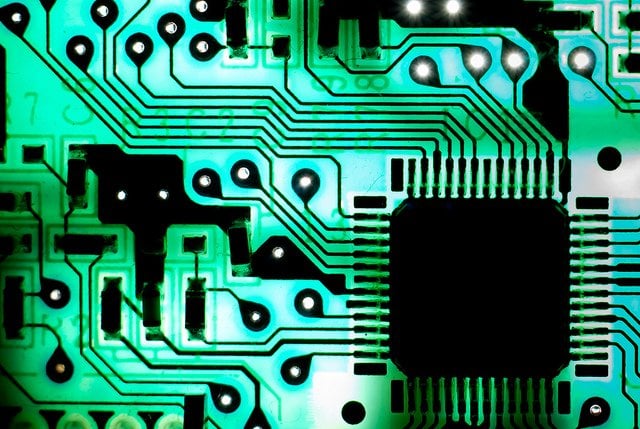Looking Forward: RPA & Artificial Intelligence
Share at:

Oh, the places we’ll go with Robotic Process Automation (RPA)! As exciting as the technology is now, great advances are just on the horizon. Maybe you’ve seen some discussion online about automation and artificial intelligence (AI) – what’s the difference and how to use them. What’s the deal with AI right on the heels of RPA?
As we’ve said, the ‘robotic’ in RPA is a bit of a misnomer. It accomplishes digital tasks as a human person would, but it needs absolute, clear instructions for what to do. RPA really doesn’t “think” on its own. The AI that’s currently on the market or coming soon is similarly misleading in its moniker. When we think of artificial intelligence, we think of science fiction robots like WALL-E or computers like HAL in 2001: A Space Odyssey that have developed a personality, independent motives, and human-like emotions. Suffice it to say, the singularity is not upon us. The AI referenced in talk of software for businesses is more akin to the complicated algorithms that make Google so successful.

This level of AI is all around you already. Think about it: how does Gmail know which e-mails are important, which are promotions, and which are spam? An algorithm sorts your incoming messages using context clues from a vast store of previous examples. Even if you open a brand new Gmail account, the software that runs the service already knows what e-mail spam looks like and can filter it out.
Algorithms are behind so much of the internet, especially social media and advertising platforms. They change their output based on the input they receive, so when you announce a wedding engagement on Facebook, you start seeing advertisements for wedding dresses, flowers, even homes for sale in your area. Algorithms learn. They rely on vast amounts of data to predict the best action to take in any situation. And that’s what makes this type of AI so attractive to businesses.
This doesn’t necessarily mean that this version of AI is just an algorithm. IBM’s Watson works in a similar way, but is a much, much more complicated computer system. Business process AI is somewhere in between.
RPA can relieve a lot of the strain caused by repetitive, rules-based business processes, but it can’t make informed decisions when faced with something outside its programming. AI can analyze a situation, make a decision, take an action, and analyze the result to see if it worked. It can deal with unforeseen errors, and it can learn from its past experiences.
AI is an emerging technology that will have a profound impact on RPA. That future is very close indeed.

Client Service Representative, Arts People
Get articles from automation experts in your inbox
SubscribeGet articles from automation experts in your inbox
Sign up today and we'll email you the newest articles every week.
Thank you for subscribing!
Thank you for subscribing! Each week, we'll send the best automation blog posts straight to your inbox.



